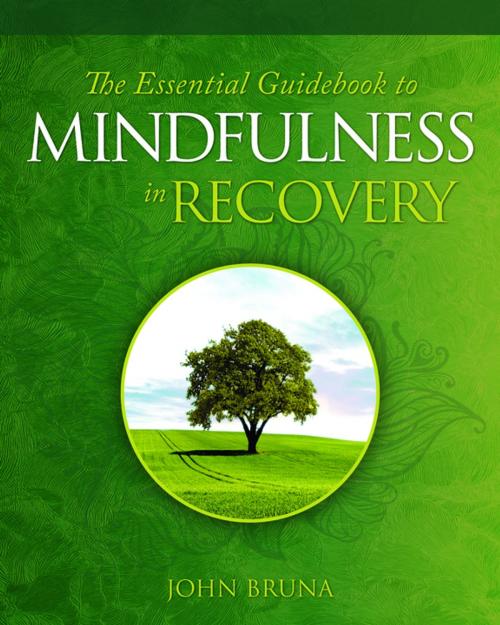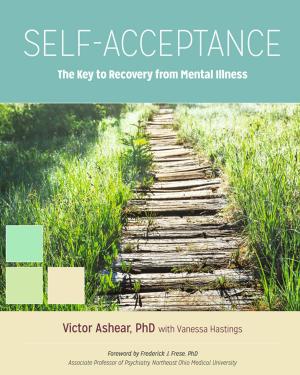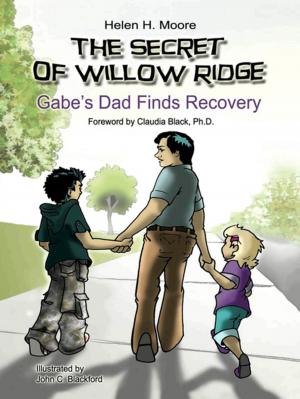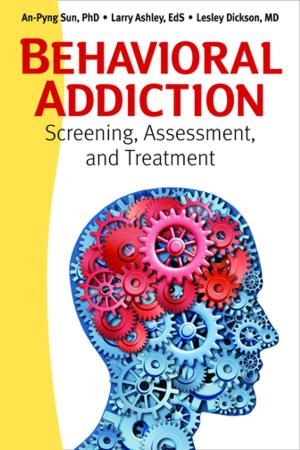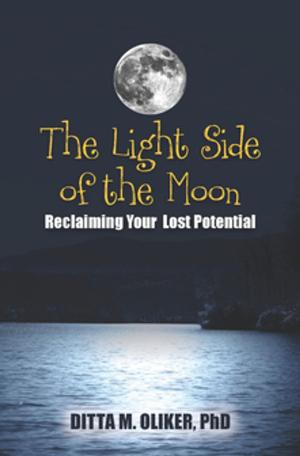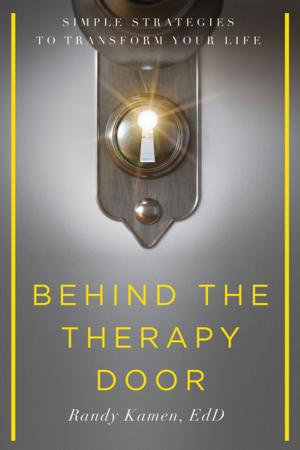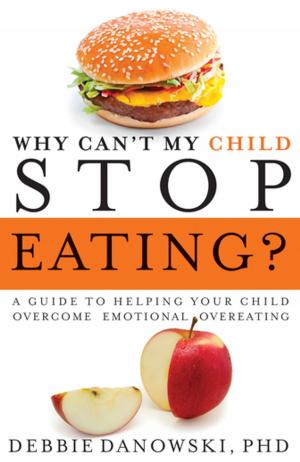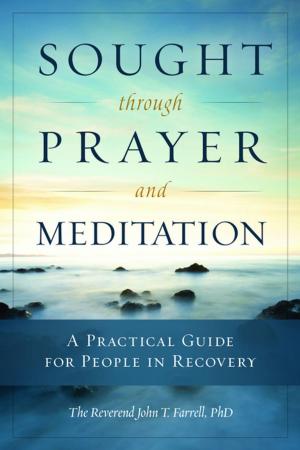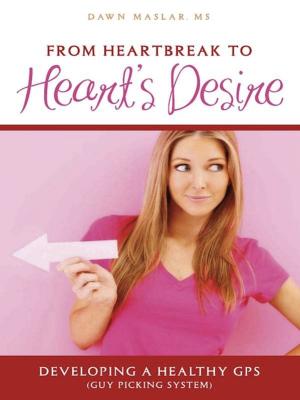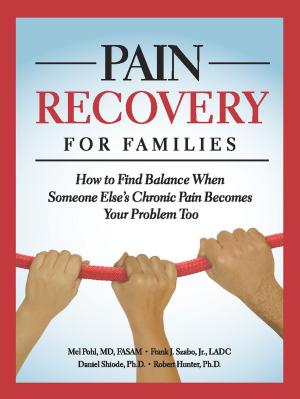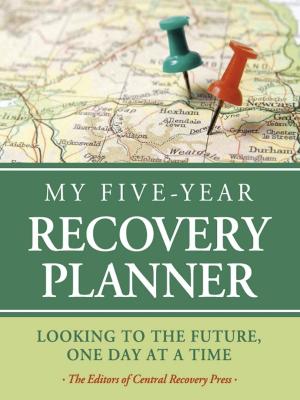The Essential Guidebook to Mindfulness in Recovery
Nonfiction, Health & Well Being, Self Help, Addiction, Twelve-Step Programs, Substance Abuse, Religion & Spirituality, Philosophy| Author: | John Bruna | ISBN: | 9781942094869 |
| Publisher: | Central Recovery Press, LLC | Publication: | January 15, 2019 |
| Imprint: | Central Recovery Press | Language: | English |
| Author: | John Bruna |
| ISBN: | 9781942094869 |
| Publisher: | Central Recovery Press, LLC |
| Publication: | January 15, 2019 |
| Imprint: | Central Recovery Press |
| Language: | English |
The author gives presentation and workshops on mindful living across the United States.
The author is a recognized expert on the subject matter—a long-term mindfulness teacher/trainer and former Buddhist monk, with—over thirty years in personal recovery from addiction.
The guidebook maintains the essential connection of mindfulness and its practice to its Buddhist origins and ethical intent while making these accessible to people of all spiritual traditions or no spiritual tradition.
A study found that practicing mindfulness can enhance or increase multiple behaviors related to health, such as getting regular medical check-ups, being physically active, using seat belts, and avoiding nicotine and alcohol (Jacobs, Wollny, Sim, & Horsch, 2016).
A study by Donald and Atkins (2016) found evidence that mindfulness produced less avoidance and more approach coping as a response to stress than relaxation or self-affirmation controls.
The author gives presentation and workshops on mindful living across the United States.
The author is a recognized expert on the subject matter—a long-term mindfulness teacher/trainer and former Buddhist monk, with—over thirty years in personal recovery from addiction.
The guidebook maintains the essential connection of mindfulness and its practice to its Buddhist origins and ethical intent while making these accessible to people of all spiritual traditions or no spiritual tradition.
A study found that practicing mindfulness can enhance or increase multiple behaviors related to health, such as getting regular medical check-ups, being physically active, using seat belts, and avoiding nicotine and alcohol (Jacobs, Wollny, Sim, & Horsch, 2016).
A study by Donald and Atkins (2016) found evidence that mindfulness produced less avoidance and more approach coping as a response to stress than relaxation or self-affirmation controls.
